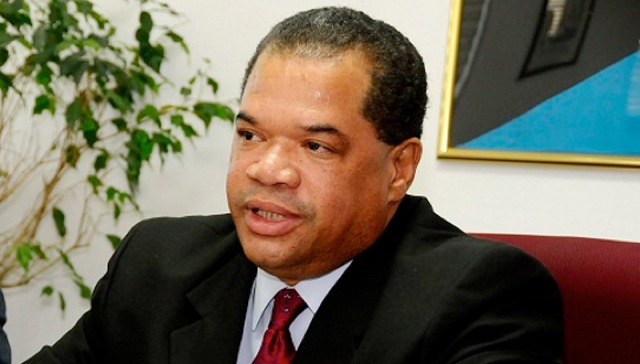
NOVEMBER 2011 LABOR FORCE SURVEY
The Department of statistics releases the results of its Labour Force and Household Income Survey which was conducted in November of last year. The survey provides information on the labour force as it existed during the reference period of October 24 – October 30, 2011.
The results of the survey indicate that since the last survey conducted in May of 2011, there was a slight increase, less than one percent, in the size of the labour force which now numbers 190,445 persons. The number of women declined by 1.4% while their counterpart increased by 1.8% accounting for the overall minimal increase. This is reflected in the overall participation rate which remained basically the same. The participation rate for men increased marginally, 0.6 percentage points, while that of women fell by 1.2 percentage points.
In New Providence the number of persons in both the labour force and the employed labour force was almost equally distributed among the sexes. In Grand Bahama however, the traditional pattern prevailed; men outnumbered women in both the labour force and the employed labour force and were fewer in numbers among the unemployed.
The data show that there was a noticeable decrease in the number of employed persons and an increase in the number of unemployed persons resulting in the unemployment rate increasing by 2.2 percentage points and thereby pushing the country’s unemployment rate to 15.9%. Both New Providence and Grand Bahama experienced an increase in the unemployment rate with the rate in New Providence being 15.1% and in Grand Bahama, 21.2%. Of particular interest is the fact that the results of this survey show that for the first time the unemployment rate for women was lower than that of men. However, this difference is very small and when statistical confidence test is applied is not significant but is mentioned for the benefit of the user of the data.
The data from the survey conducted in May of last year showed that a number of persons sought means of making a livelihood by engaging in informal sector activities. Results from the present survey suggest that a substantial number of these persons were not successful in their operations and therefore withdrew from the labour force or joined the ranks of the unemployed and, in the case of the latter, has contributed to the 2.4% decline in the number of employed persons. In addition to the reduction in the number of persons engaged in the informal sector, which declined by 19%, there was also a decline in the number of self employed persons. The latter accounted for 14% of the total employment in May but in November their share was reduced to 12%. It appears as if some of these individuals also withdrew from the labour force while others looked for work.
The above activities combined with the timing of the survey as it pertains to youths has given rise to the increase in the unemployment rate. The unemployment rate for youths increased to 34%. In May when the earlier survey was conducted, most students about to graduate from high school and university were unlikely a part of the labour force, however, in November though some of them may have obtained jobs, others were likely awaiting responses from their job applications, etc. This is a trend that will be monitored now that the survey is a biannual one.
New Providence experienced a decline of 13% in the number of discouraged workers while the reverse was the case in Grand Bahama where the numbers increased by 42%.
The Department takes this opportunity to inform users and the general public that its one time annual survey will now be taken twice a year, in May and November. Please note that the May survey will be a comprehensive one which, in addition to New Providence and Grand Bahama, will cover a sample of the islands. This particular survey will also use a more detailed questionnaire which would allow for the collection of data on the informal sector, training and similar information.
The coverage of the November survey will be restricted to New Providence and Grand Bahama with proxy estimates made for the Family Islands. Additionally, a condensed questionnaire will be used with the major focus being the measurement of the labour force and the relevant indicators – participation rate, unemployment rate, etc.
The results of the November survey will be available immediately on the Department’s website (statistics.bahamas.gov.bs) and the final report will be completed and disseminated by the end of March 2012.







